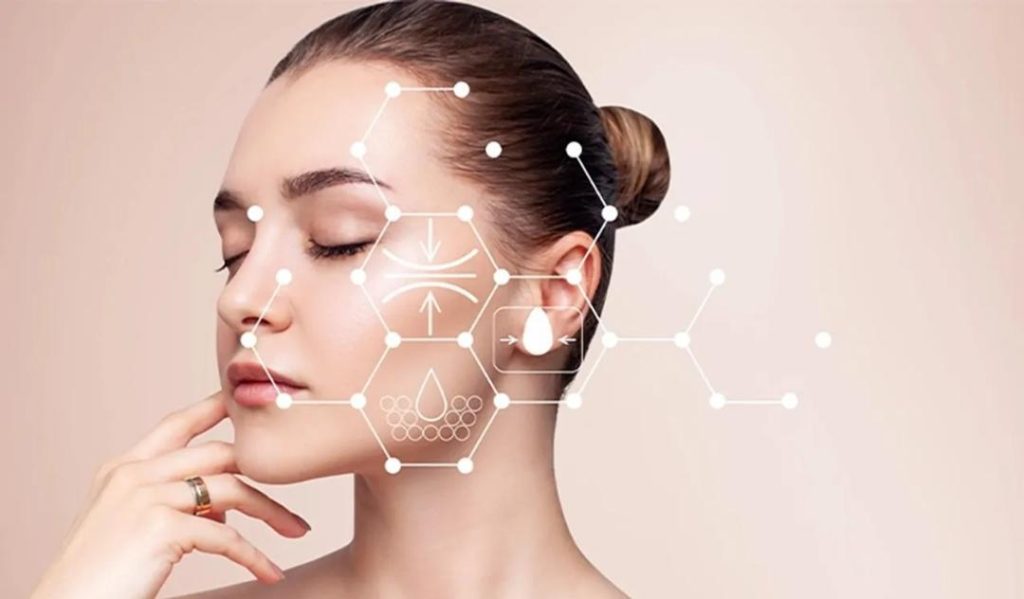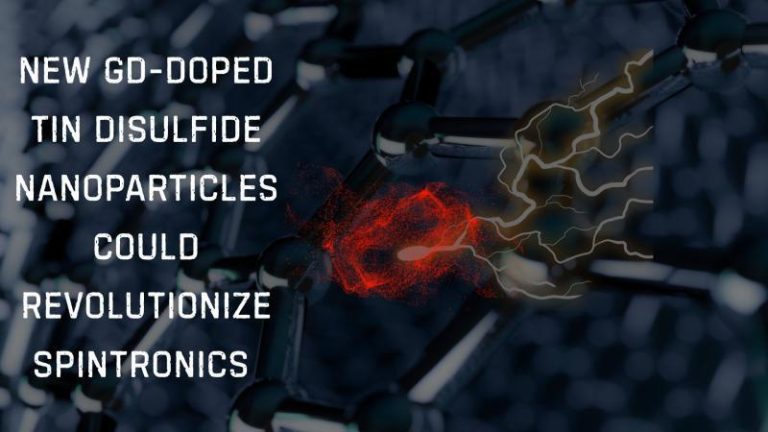
How AI & Innovation are Redefining the Beauty and Wellness Landscape
The skincare industry has undergone a transformative evolution, shifting from basic routines to a realm of personalized solutions, inclusivity, and cutting-edge innovation. As we look ahead to 2025, skincare trends reflect a deeper understanding of diverse skin needs, a commitment to wellness, and a harmony between science and nature.
One of the most significant game-changers in the skincare industry is the integration of artificial intelligence (AI). AI-powered skincare has revolutionized the way we understand and address skin concerns. With the help of AI, skincare professionals can now analyze skin data, identify patterns, and provide personalized recommendations for individual skin types.
For instance, AI-powered skin analysis tools can detect skin conditions such as acne, hyperpigmentation, and aging, and offer customized treatment plans. This personalized approach has led to more effective treatments, reduced product waste, and a significant improvement in overall skin health.
Another area where AI is making a significant impact is in the realm of skincare products. AI-powered product development allows for the creation of targeted, niche products that cater to specific skin concerns. This has led to a proliferation of products that are tailored to address specific skin issues, such as dark spots, fine lines, and wrinkles.
In addition to AI, the skincare industry has also seen a surge in the adoption of innovative technologies such as nanotechnology, biotechnology, and stem cell research. These advancements have enabled the development of products that are more effective, efficient, and sustainable.
One of the most exciting areas of innovation is in the realm of biotechnology. Biotech skincare products are derived from natural sources such as plants, bacteria, and yeast, and offer a range of benefits including improved skin elasticity, reduced inflammation, and enhanced skin hydration.
For example, biotech skincare products containing plant-derived extracts such as caffeine, peptides, and antioxidants have been shown to improve skin texture, reduce the appearance of fine lines and wrinkles, and enhance skin firmness.
Another area of innovation is in the realm of nanotechnology. Nanotechnology has enabled the creation of products that are smaller, more targeted, and more effective. Nanoparticles can penetrate deeper into the skin, allowing for more efficient delivery of active ingredients and improved skin absorption.
Stem cell research is another area where innovation is making a significant impact. Stem cell-derived skincare products have been shown to promote skin regeneration, improve skin elasticity, and reduce the appearance of fine lines and wrinkles.
In addition to these technological advancements, the skincare industry has also seen a shift towards a more holistic approach to beauty and wellness. Consumers are increasingly seeking products and treatments that not only address skin concerns but also promote overall wellness and self-care.
This shift towards wellness has led to a growing demand for products that incorporate natural ingredients, essential oils, and aromatherapy. Consumers are seeking products that are free from harsh chemicals, artificial fragrances, and dyes, and that promote a sense of calm, relaxation, and rejuvenation.
Inclusive skincare is another trend that is gaining momentum. The skincare industry has historically been dominated by mainstream beauty standards, with a focus on light to medium skin tones. However, with the growing diversity of skin types and tones, there is a growing demand for products and treatments that cater to diverse skin needs.
Inclusive skincare products are designed to address the unique skin concerns and needs of diverse skin types and tones. This includes products that are formulated to address skin concerns such as hyperpigmentation, acne, and dryness, as well as products that cater to specific skin tones, such as dark skin tones.
Finally, the skincare industry is also seeing a growing emphasis on sustainability and eco-friendliness. Consumers are increasingly seeking products and treatments that are environmentally friendly, cruelty-free, and sustainable.
This includes products that are packaged in recyclable materials, are free from microbeads, and are made with sustainable ingredients. Consumers are also seeking treatments that are minimally invasive, non-toxic, and gentle on the skin.
In conclusion, the skincare industry is undergoing a significant transformation, driven by advancements in AI, biotechnology, nanotechnology, and stem cell research. This transformation is leading to more personalized, effective, and sustainable skincare solutions that cater to diverse skin needs and promote overall wellness and self-care.
As we look ahead to 2025, it is clear that the skincare industry will continue to evolve, driven by a deepening understanding of skin biology, a commitment to wellness, and a harmony between science and nature. Whether you’re a skincare enthusiast or a professional, the future of skincare is exciting, and there’s never been a better time to get involved.
Source:
https://www.shethepeople.tv/author-spotlight/guest-contributions/skincare-trends-for-2025-8728129






